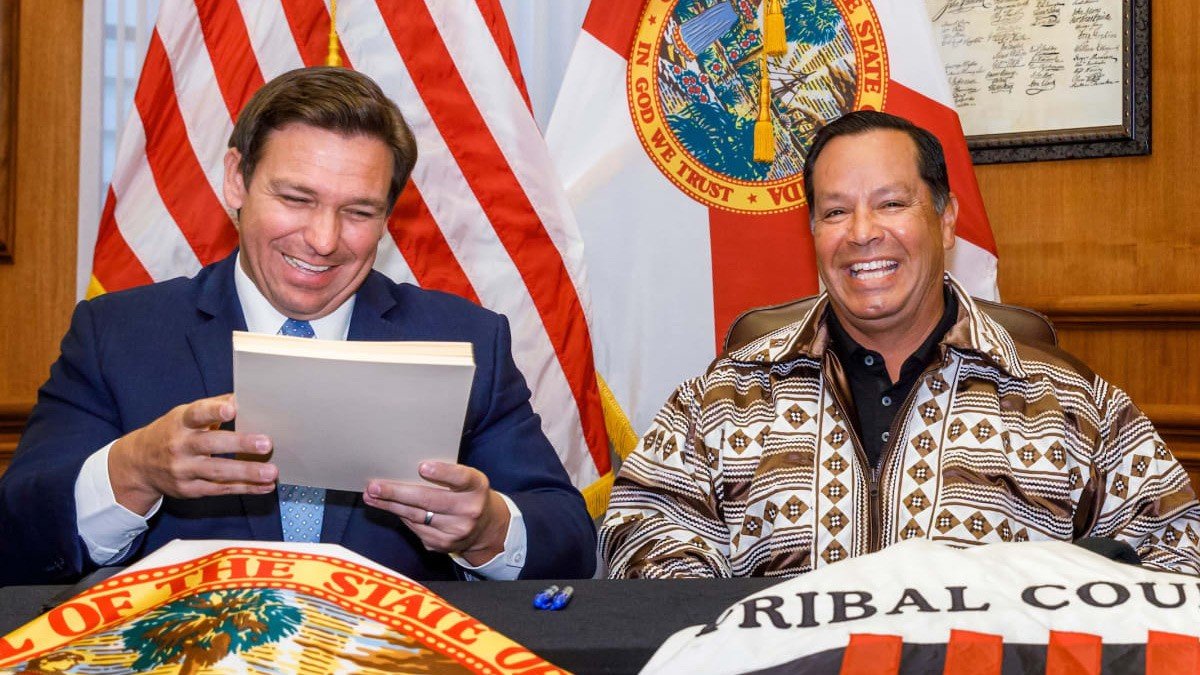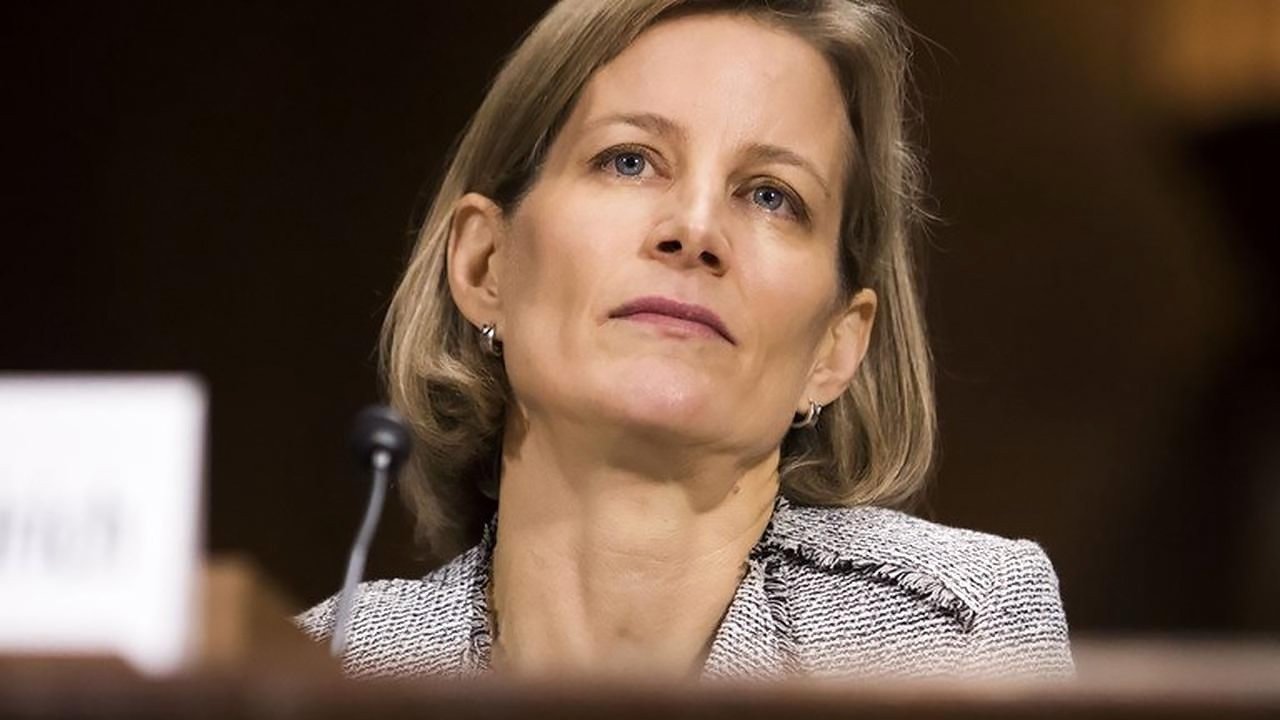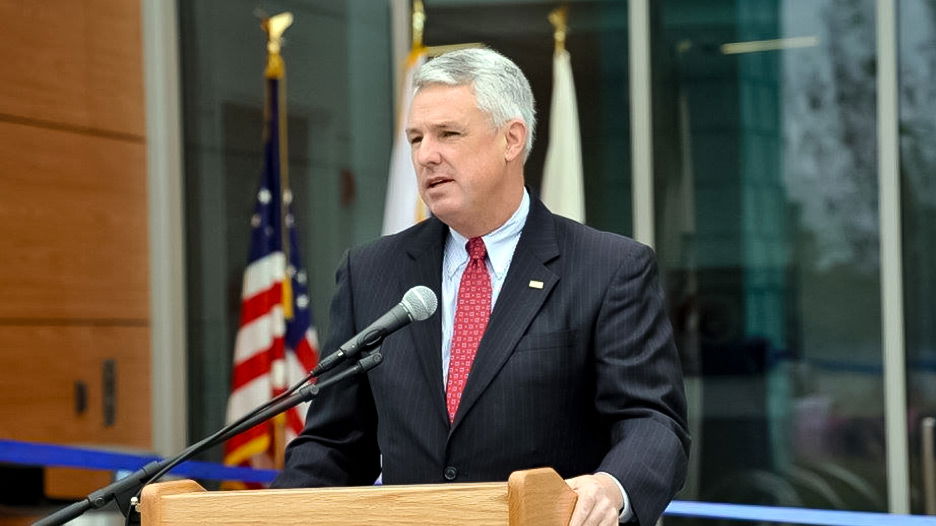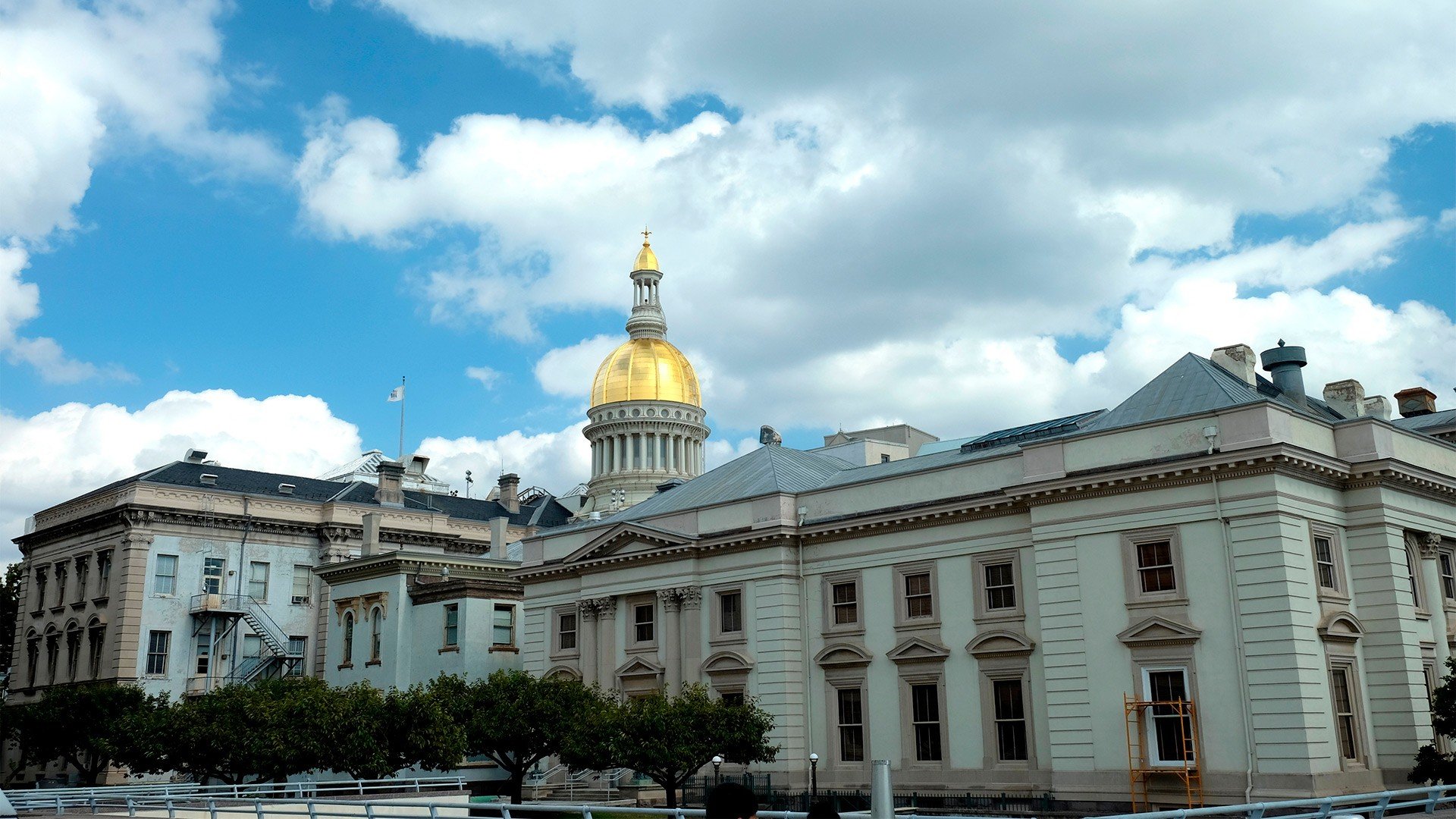Florida sports betting: Feds, Seminoles leveraging new arguments in court filings to revive compact

The Seminole Tribe and the United States Department of the Interior are leveraging new arguments in their latest court filings that seek to reinstate the tribe’s expanded gaming compact with the State of Florida. As a result of that agreement, sports gaming briefly launched in the state during the last year – but was shut down after a ruling by the DC Circuit court.
The controversial compact granted the tribe the exclusive right to operate sports betting throughout the state, as long as bets were processed on servers located in tribal land. But Judge Dabney Friedrich ruled against it and found it unconstitutional that same year, on the grounds that the Seminoles were breaking the Indian Gaming Regulatory Act (IGRA) by accepting online wagers, deeming the proposed model a “fiction.”
“It is well-settled that IGRA authorizes sports betting only on Indian lands,” wrote Friedrich on the 2021’s ruling. The decision turned Florida into the only state to go live and shut down since PASPA’s repeal, with the market remaining in limbo since then. Currently, the parties have engaged in an ongoing court battle that has prevented another compact from being written.
Judge Friedrich
According to lawyer Daniel Wallach, the tribe and the DOI are now pushing “a new narrative,” he wrote in a column for Forbes. In appellate briefs recently filed with the D.C. Circuit Court of Appeals, the entities argued that the compact did not “authorize” online sports betting at all. Instead, the expert says, they insist that the compact authorized only in-person betting on tribal lands, and that the online sports gaming component was authorized solely by Florida state law.
As described by the Department of the Interior, the sports betting provisions of the compact “reflect a permissible hybrid approach, wherein gaming activity that occurs off of the Tribe’s Indian lands is authorized under state law, and gaming activity that occur on Indian lands is authorized by IGRA pursuant to the Compact.”
The legal expert called this a “creative re-invention of the compact,” and called it “another ‘fiction’ advanced by the same parties who had previously maintained that the compact ‘authorized’ online sports betting,” until it was rejected last year. “If this is their best argument on appeal, Floridians may be waiting several more years for the return of legal online sports betting,” added Wallach in his Forbes article.
The 30-year gaming compact between the state and the tribe was signed in April last year by Gov. Ron DeSantis. It called for the Seminoles to pay the state at least $2.5 billion over the first five years in exchange for sole control over sports wagering in Florida, plus the option to add roulette and craps to its operations.

Under the Florida-Seminoles agreement, bettors were allowed to place wagers through mobile devices anywhere within the state, as long as these were processed through computer servers on tribal property. The agreement claimed this constituted betting on tribal land, which was soon contested by other gaming interests in the state.
Friedrich’s November ruling against the compact followed a lawsuit filed by West Flagler Associates, owner of the Magic City Casino, and Bonita-Fort Myers, owner of the Bonita Springs Poker Room, alleging that the sports betting plan violated laws and would cause a 'significant and potentially devastating' impact on their businesses.
Florida Attorney General Ashley Moody first filed briefs with the intent of reinstating the sports betting market in August this year, a move supported by both the US Department of Justice and the Biden administration. Despite the push, many legal and sports betting experts believe the appeal may not be successful.
The US Court of Appeals announced a few months ago a timetable for the appeal, signaling 2023 as the deadline for a final decision to be made. But the case could potentially wind up before the Supreme Court, according to attorneys. Should that happen, sports betting may not take place until 2024, or even 2025.


















































